
Survey data from Autism Parenting Magazine reveals almost 6% of children with autism spectrum disorder (ASD) have some form of gender dysphoria. Read more >>
Request an Appointment
English: 650.688.3625
Medi-Cal: 650.688.3650

Survey data from Autism Parenting Magazine reveals almost 6% of children with autism spectrum disorder (ASD) have some form of gender dysphoria. Read more >>
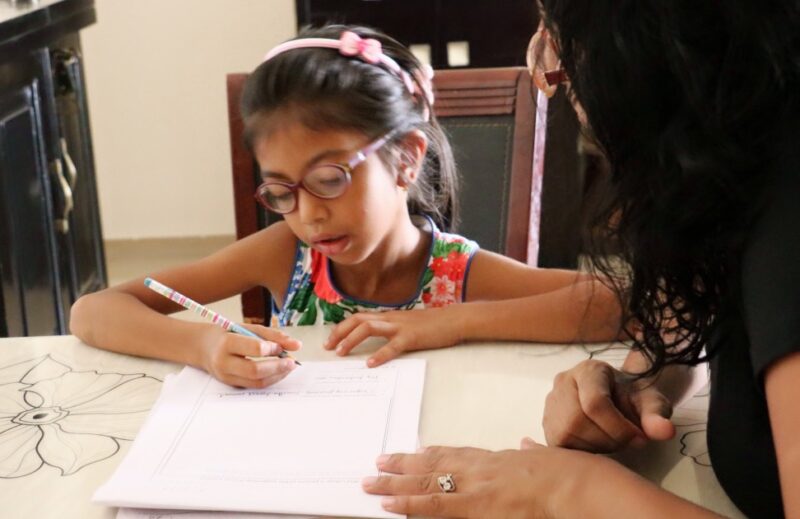
Autistic Girls’ Use of Language May Mask Social Difficulties
A study on autism’s gender differences, published in the journal Molecular Autism, focused on the language that autistic girls and boys used during semi-structured interviews by exploring social word use. When comparing autistic girls and boys between the ages of Read more >>

What is a Developmental-Behavioral Pediatrician?
If your child has a developmental, learning, or behavioral problem, a developmental-behavioral pediatrician has the training and expertise to evaluate and care for your child. Developmental-behavioral pediatricians possess training and experience to consider, in their assessments and treatments, the medical Read more >>

A Parent’s Journey: A Child Who is Twice-Exceptional
Parenting is never easy, but raising a child with exceptional talents who also struggles with learning differences (such as autism, ADHD or dyslexia) is even more complex. In this Voices of Compassion episode, we talk with Callie Turk, a parent Read more >>
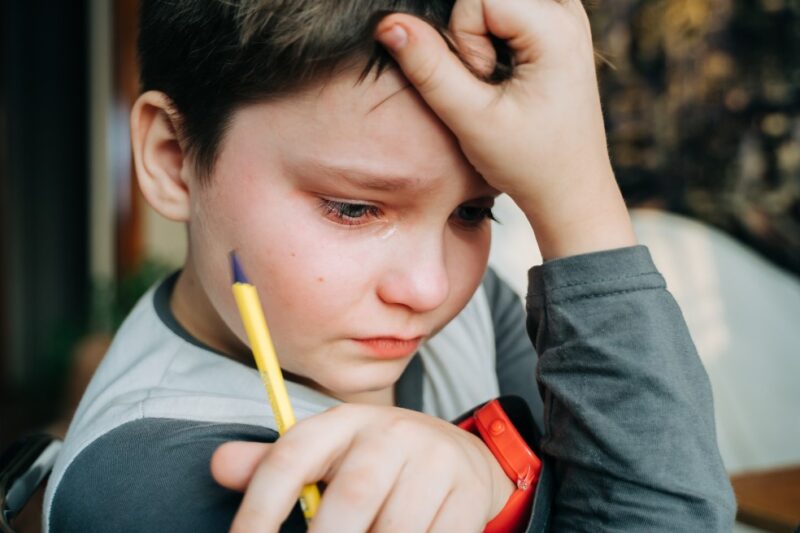
Rate of ADHD, Autism Diagnoses Higher Among Children on Medicaid, Study Finds
Children covered under Medicaid are twice as likely to be diagnosed with disorders such as ADHD or autism compared with those who have private insurance, a study published Wednesday by JAMA Psychiatry found. Read more >>
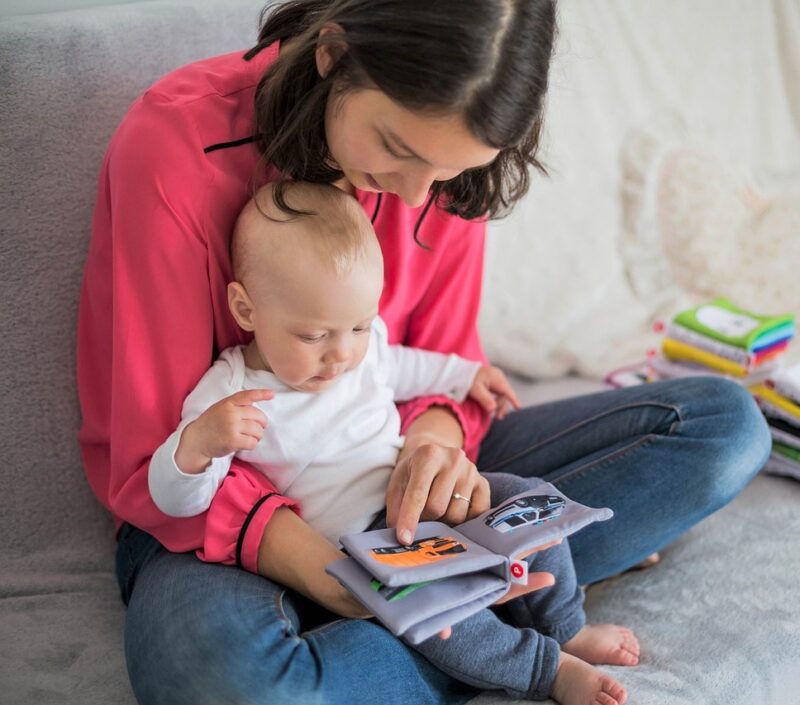
Infants With Autism Don’t Engage With ‘Baby Talk’
That sing-song speech parents use when talking to their babies is universal, and infants tend to prefer it. So, when a baby doesn’t seem to engage with this melodic “motherese,” or baby talk, it can be an early sign of Read more >>
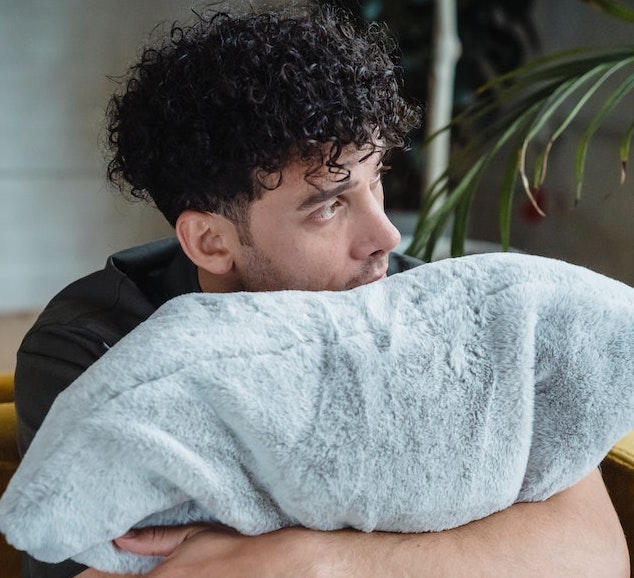
Autism Spectrum Disorder Tied to Higher Risk for Self-Harm
People with autism spectrum disorder (ASD) are at substantially increased risk of self-injury and suicide, according to a study at Columbia University Mailman School of Public Health and Columbia College of Physicians and Surgeons. Researchers found that the odds of Read more >>

Google Launches Initiative to Hire More Autistic People
Google has announced an initiative that will prioritize hiring more autistic people by adjusting the way the company approaches the interview process to accommodate neurodivergent applicants. The company aims to train up to 500 hiring managers and others involved in Read more >>
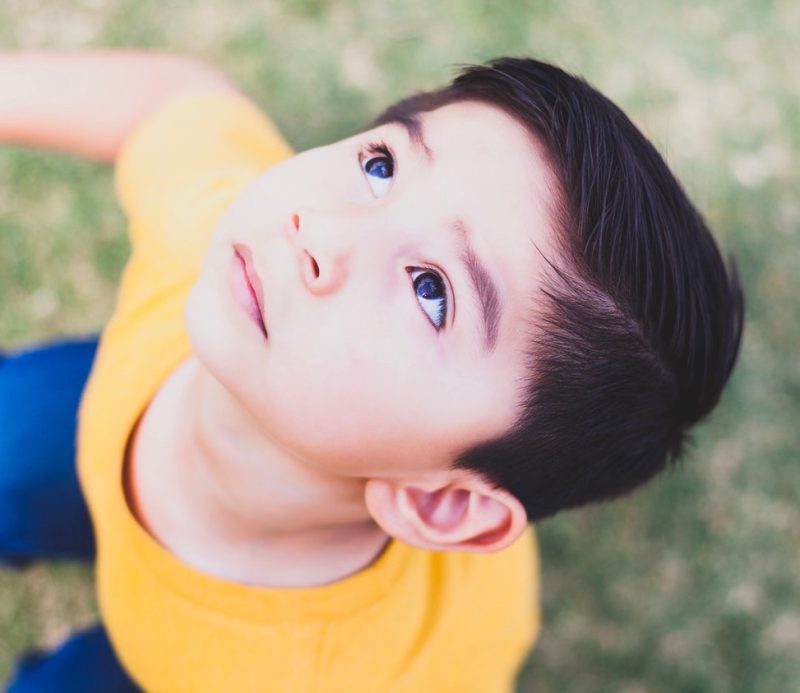
What Is the Latest Research on Autism?
The Centers for Disease Control and Prevention (CDC) reports that among 8-year-old children, 1 in 36 are autistic. This number has increased from the one in 44 prevalence reported in previous estimates. Read more >>

What It’s Like to Get an Autism Diagnosis After Years of Being Called Difficult, Dramatic and Lazy
During the first thirty years of her life, comedy script writer Sara Gibbs had been labeled a lot of things – a cry baby, a scaredy cat, a spoiled brat, a weirdo, a show off – but more than anything Read more >>
English: 650.326.5530 | Español: 650.688.3650 | Fax: 650.688.3669
English: 650.326.5530
Español: 650.688.3650
Fax: 650.688.3669
English: 650.668.3625 | Español: 650.688.3650 | careteam@testing.chconline.org
English: 650.668.3625
Español: 650.688.3650
careteam@testing.chconline.org
© 2024 Children’s Health Council. All rights reserved.
CHC Palo Alto: 650 Clark Way, Palo Alto, CA 94304 | 650.326.5530
CHC South Bay: 2280 Kenwood Avenue, San Jose, CA 95128 | 408.831.7512
CHC Ravenswood: 1765 E Bayshore Rd, East Palo Alto, CA 94303 | 650.702.2487
CHC Palo Alto:
650 Clark Way, Palo Alto, CA 94304
650.326.5530
CHC South Bay:
2280 Kenwood Avenue, San Jose, CA 95128
408.831.7512
CHC Ravenswood:
1765 E Bayshore Rd, East Palo Alto, CA 94303
650.702.2487